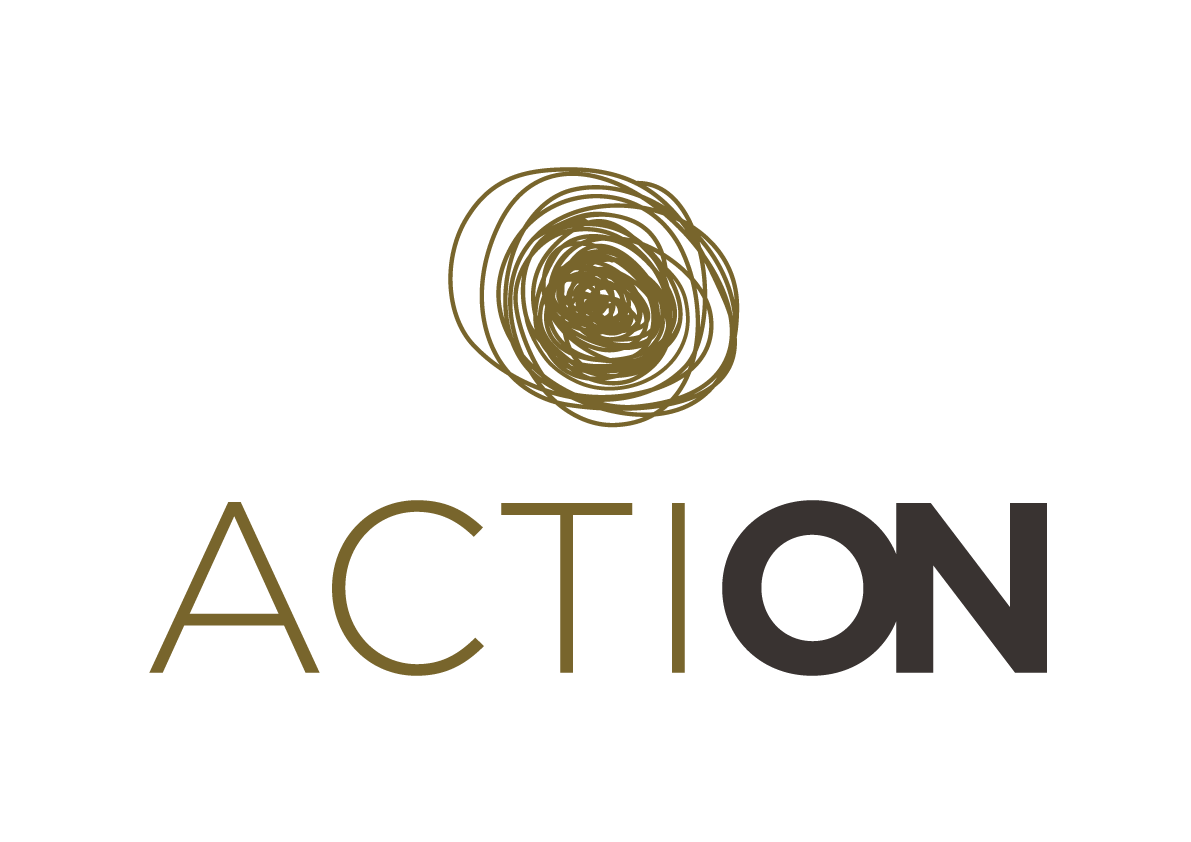CitiComPlastic
ALL PILOTS
E-mail
idil@nabolagshager.no
Location
Oslo (Norway)
Type/s of pollution
Soil pollution
Sustainable Development Goals addressed?
![]()
![]()
![]()
Number of citizens scientists involved
4
The pilot was concluded in October 2020.
What was this project about?
The industry is tackling plastic pollution with alternatives, but many of these create pollution themselves. Currently, no facilities for bioplastic waste management exist in Oslo, so there is a need for local solutions. Additionally, there is little understanding on how to properly dispose of bioplastic waste, and how it can be effectively biodegraded. In an attempt to address this problem, CitiComPlastic focused on bioplastic PLA (polylactic acid) waste management engaging volunteers in experimenting with home-scale composters in order to understand how and to what extent it can be properly disposed and how it can be effectively biodegraded. Doing so, the aim was to raise awareness about bioplastic waste and how to handle it, demystify the science of composting, and narrow the distance between people and their trash.
The project was implemented by Nabolagshager, an Oslo-based project organization established in 2013. Nobalagshager works with green and social entrepreneurship to promote a shift to sustainable futures and involve as many people as possible in the opportunities around this. Through local initiatives and international collaborative projects, they create multifunctional and bottom up solutions to urban challenges. Internationally, they collaborate with research communities, businesses and the public sector on projects related to urban agriculture, entrepreneurship and circular economies, e.g. PlaceCity – placemaking for sustainable and thriving cities, EdiCitNet – Edible Cities Network, and FoodE – FOOD systems in European cities. Another project is Tak for Maten, an award-winning rooftop garden in Grønland/Oslo. Overall, they provide green jobs for youth, create and maintain rooftops, integrate vulnerable groups and increase biodiversity in the city.
What was novel and innovative?
The innovation of this pilot stands in its focus: bioplastic and its claimed compostability. Besides this, the pilot showed that engaging citizens in composting is a successful way of triggering a more deep understanding of waste management and, more generally, of sustainable consumption.
Are you interested in doing something similar?
Here you can find a video registration of a webinar conducted by the CiticomPlastic team at Ars Electronica 2020.
